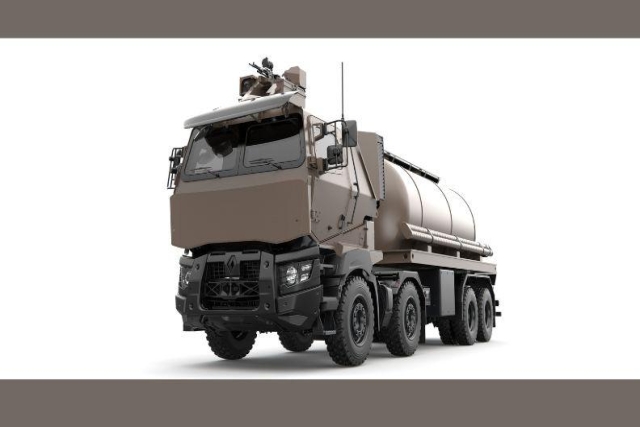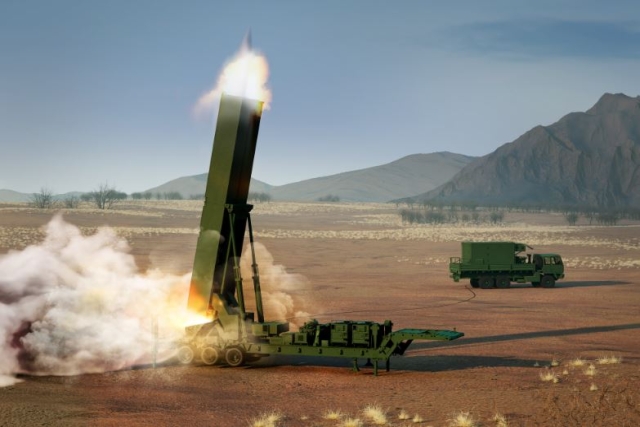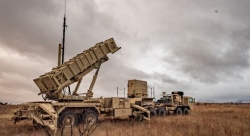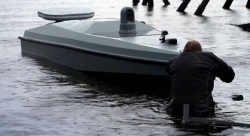Cyber Five More Vulnerable To Cyber-Attacks In Asia Pacific Region; DTTL Report
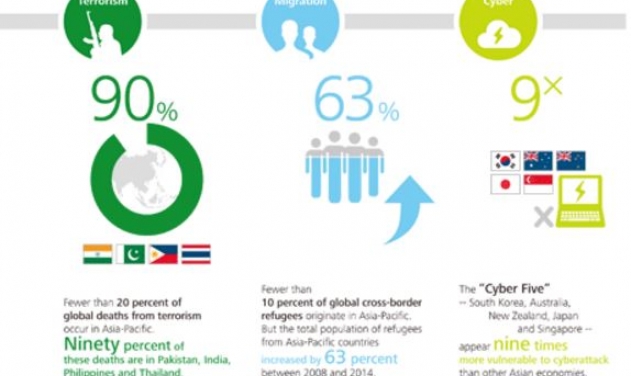
South Korea, Australia, New Zealand, Japan and Singapore appear nine times more vulnerable to cyber-attack than other Asian economies.
“We're seeing a huge shift in defense focus across the region as more than half of global container traffic now moves through Asia-Pacific waters, and regional navies are building up to defend these economic lifelines. The same economic growth driving the naval buildup is also creating new kinds of vulnerability to cyberattack, particularly in the advanced economies of South Korea, Australia, New Zealand, Japan and Singapore – the Asia-Pacific “Cyber Five”, Jack Midgley, Director with Deloitte Tohmatsu Consulting said in a 2016 Asia-Pacific Defense Outlook report released today.
According to the report, More than 50% of global container traffic now moves through Asia-Pacific. Naval budgets are projected to increase by 60% through 2020, as navies respond. China will build 30 new submarines and one new aircraft carrier.
Total worldwide incidents of piracy declined by 45 percent from 2010 to 2014, but incidents in Asia-Pacific increased by nearly 30 percent, the report stated.
This is the second Asia-Pacific Defense Outlook report by Deloitte Touche Tohmasu (DTTL) examining policies, practices and trends affecting the defense budgets and strategies of 20 Asia-Pacific nations whose combined defense budgets will account for nearly one-third of global defense budgets by 2020. This year’s report explains why the Asia-Pacific economies are projected to drive sixty percent of the global increase in defense acquisition, research and development and thirty percent of the total global defense acquisition budget over the next five years.
"Asia-Pacific countries are growing defense spending slower than their overall economic growth rates. Governments are making clear decisions to shift public spending toward non-defense priorities, and defense capital programs increasingly emphasize local job creation and industrial development,” added Midgley.

